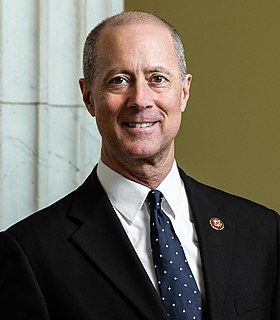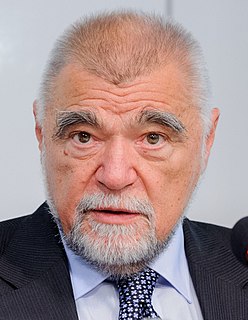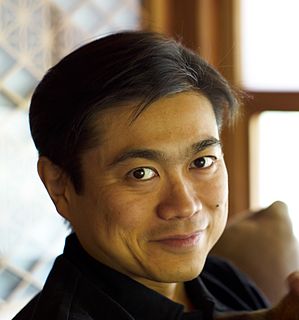A Quote by Gijs de Vries
We still lack a global definition of terrorism.
Quote Topics
Related Quotes
The core belief that drives terrorism is the notion of a "holy place," along with the idea that some people belong there and other people don't. That's why the only solution to terrorism is for religious scholars to hold a global summit to agree on the definition of "holy place." Once they agree on a definition, it will be easier to mock it into submission.
And if you look at all this academic work in the conferences and so on there's a constant theme that terrorism is extremely hard to define and we therefore have to have a deep thinking about it. And the reason it's hard to define is quite simple. It's hard to find a definition that includes what they do to us but excludes what we do to them. That's quite difficult. So it takes a global war on terrorism.
The diagnosis that poverty, lack of education, or lack of opportunities have much to do with terrorism requires a fundamentally optimistic view of human nature. This diagnosis leads to the prognosis that all we need to do to solve the terrorism problem is to create societies that are less poor, better educated and have more opportunities.
Environmental pollution, terrorism, and many other global threats do not stop at borders. We all bear global responsibility and thus need a global identity to enable us to cope with them. We must learn to integrate different levels of identity in ourselves. What matters is not either/or, but both/and.
Technically speaking, since our complex societies are highly susceptible to interferences and accidents,they certainly offer ideal opportunities for a prompt disruption of normal activities. These disruptions can, with minimum expense, have considerably destructive consequences. Global terrorism is extreme both in its lack of realistic goals and in its cynical exploitation of the vulnerability of complex systems.

































